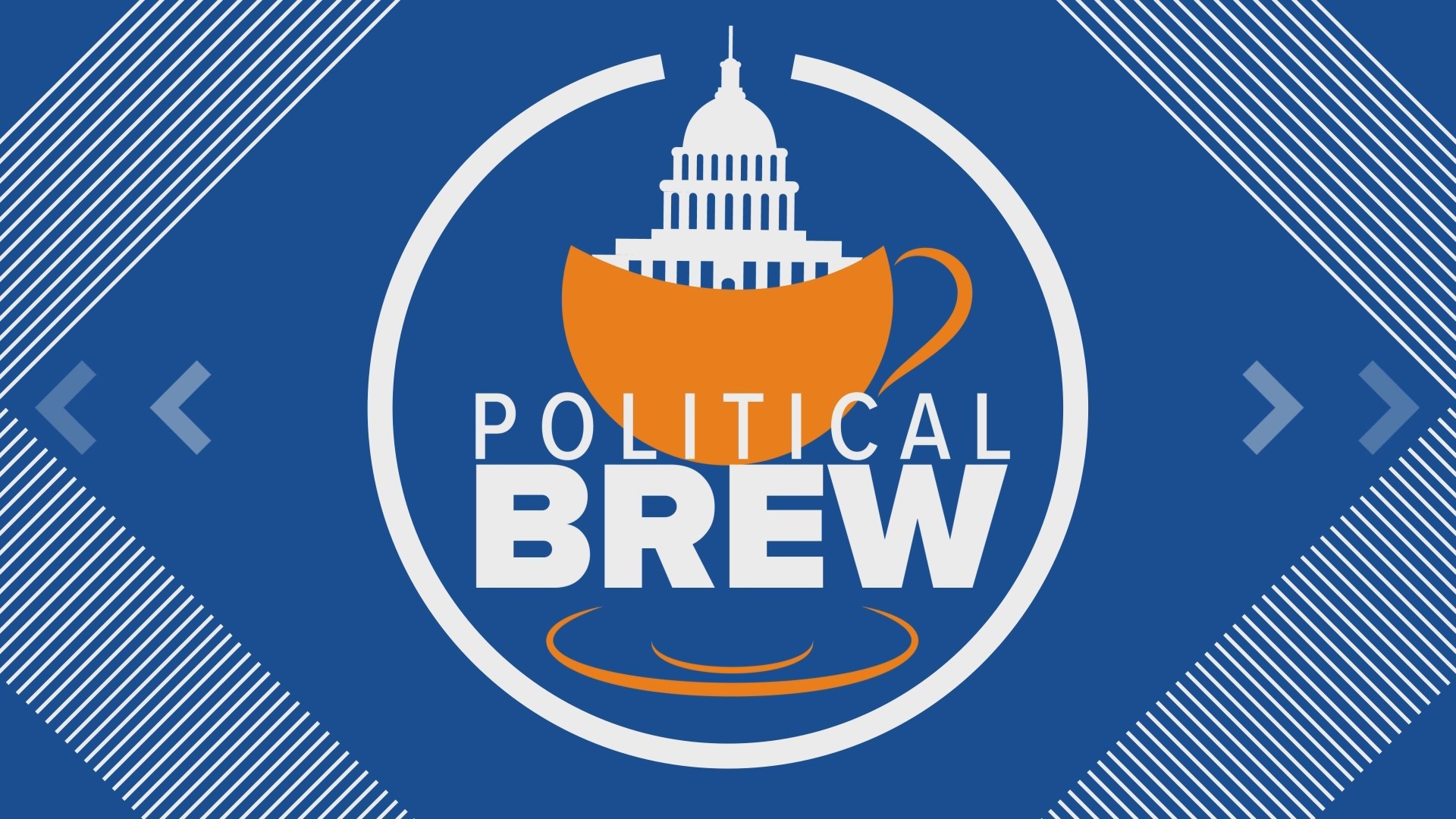MAINE, USA — Maine state law states towns without a public high school will pay tuition for students to attend a public or private school elsewhere.
But that law also says the tuition cannot go to a religious school, and that's the provision being challenged in a case that went before the U.S. Supreme Court this past week.
Justices in the conservative majority expressed skepticism about Maine's law.
"The question really becomes, is this discrimination against the individual because of their religious beliefs?" Phil Harriman said.
And "If the court says, 'Yes you can use public dollars to fund private education in a faith-based school,' how far can you go with their religious teachings?"
Betsy Sweet said such spending would violate the constitutional separation of church and state.
She pointed out there are schools in Texas, for example, that want the curriculum to cover "both sides" of the holocaust.
Sweet said, "My gosh. If we are spending public dollars to put that stuff forward, it's a slippery slope."
Former Republican Rep. Bruce Poliquin is hoping to take Maine's Second Congressional District back from Democratic Rep. Jared Golden.
But there are at least four other Republicans who said they plan to take on Poliquin in the Republican primary.
Sweet thinks they are doing so because of ranked-choice voting, and she's all for it because "people who are not part of the machine can get in with a possible chance" to win.
Harriman believes a primary can give Poliquin a boost because he "has got to reintroduce himself, and these challenges from primary candidates will allow him to do just that, to remind people of his values and principles."
The U.S. House and Senate are proceeding with an unusual and convoluted deal to raise the debt ceiling with a party-line vote, to stave off a possible government default.
Sen. Susan Collins was one of 14 Republicans who voted to allow the process to go forward.
She told NEWS CENTER Maine Democrats want to increase the borrowing limit to make room for their big new spending bill, which she opposes.
But Collins also said lawmakers can't allow the United States to default on its debt.
Harriman believes this approach proves that "those who understand the parliamentary process can make magic happen."
He added Republicans have given Democrats the path to raise the debt ceiling, "but they don't want to be part of raising the debt ceiling, so they can say, 'Look, I enabled the government to stay open, but I'm not part of taking on more debt.'"
Sweet said it's more "smoke and mirrors" than magic. Still, she thinks it shows that "when they want to carve something out of the filibuster, they can do it.
She hopes Democrats can make that happen again in order to pass voting rights legislation.
NEWS CENTER Maine's analysts also talked about the significance of the Senate vote to overturn President Biden's COVID vaccine or testing mandate for private businesses with 100 or more employees, Gov. Janet Mills' decision to activate National Guard troops to help hospitals deal with the alarming surge in COVID hospitalizations, and they pay tribute to the late Sen. Bob Dole.
Political Brew airs Sundays on NEWS CENTER Maine's Morning Report.

